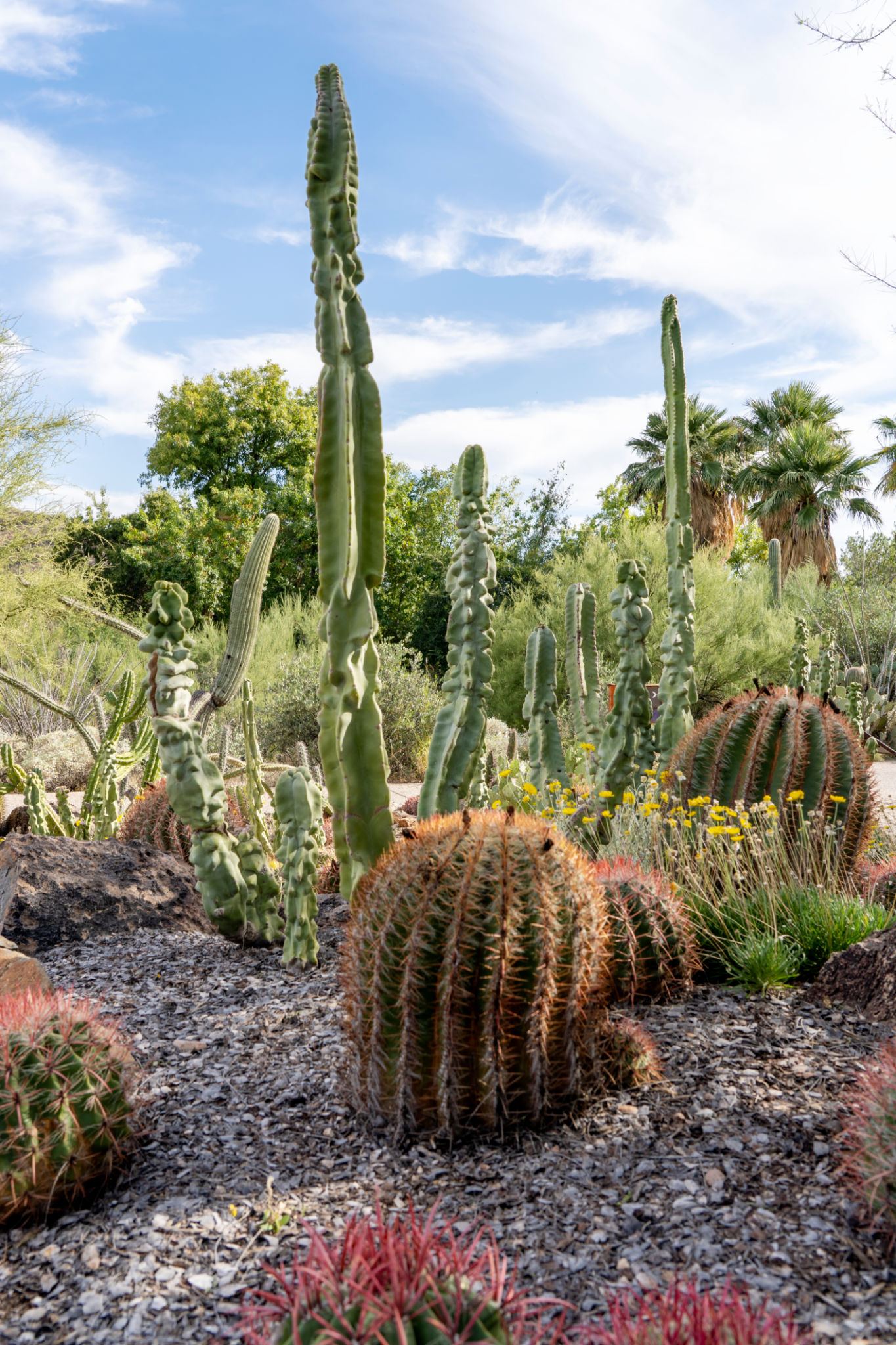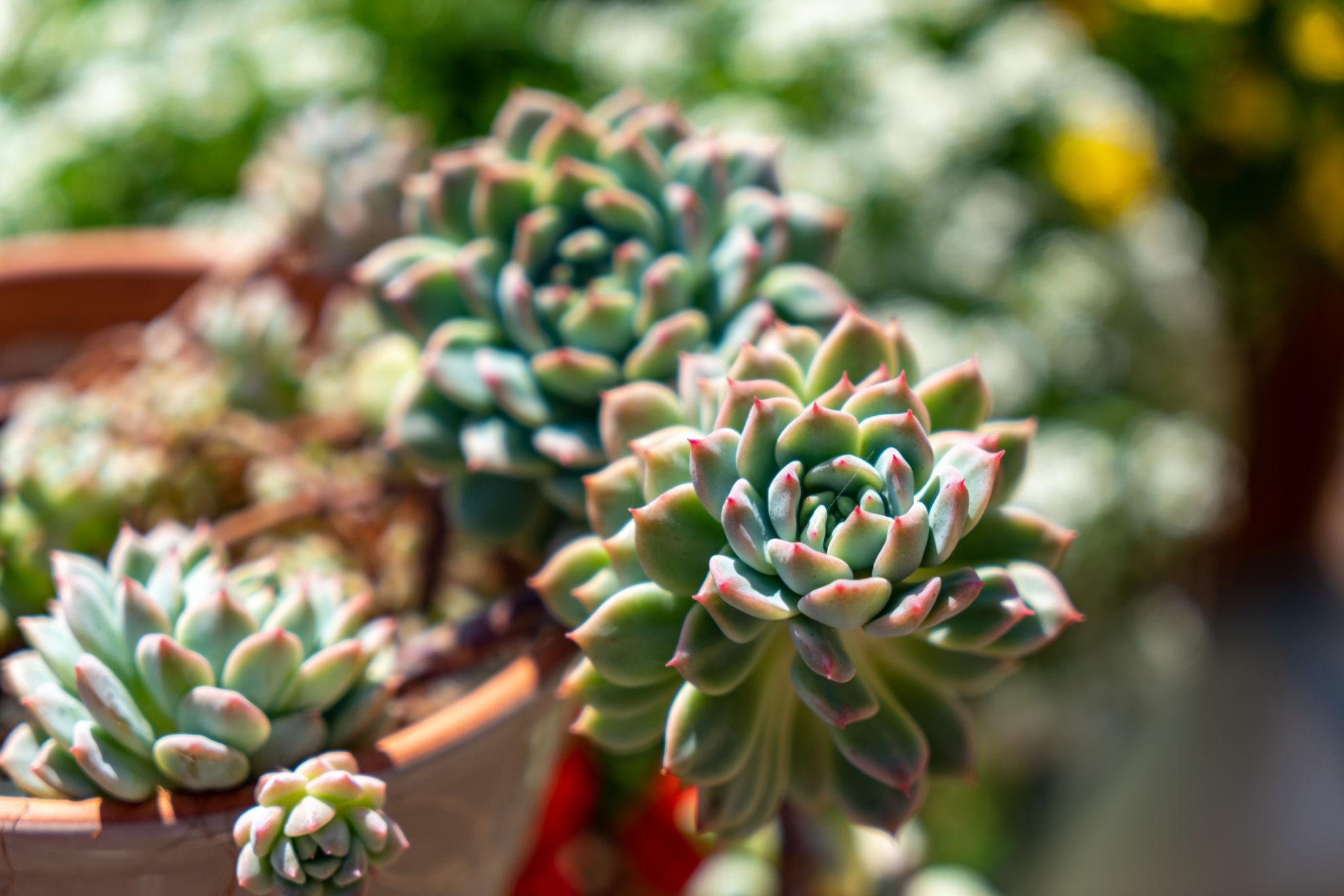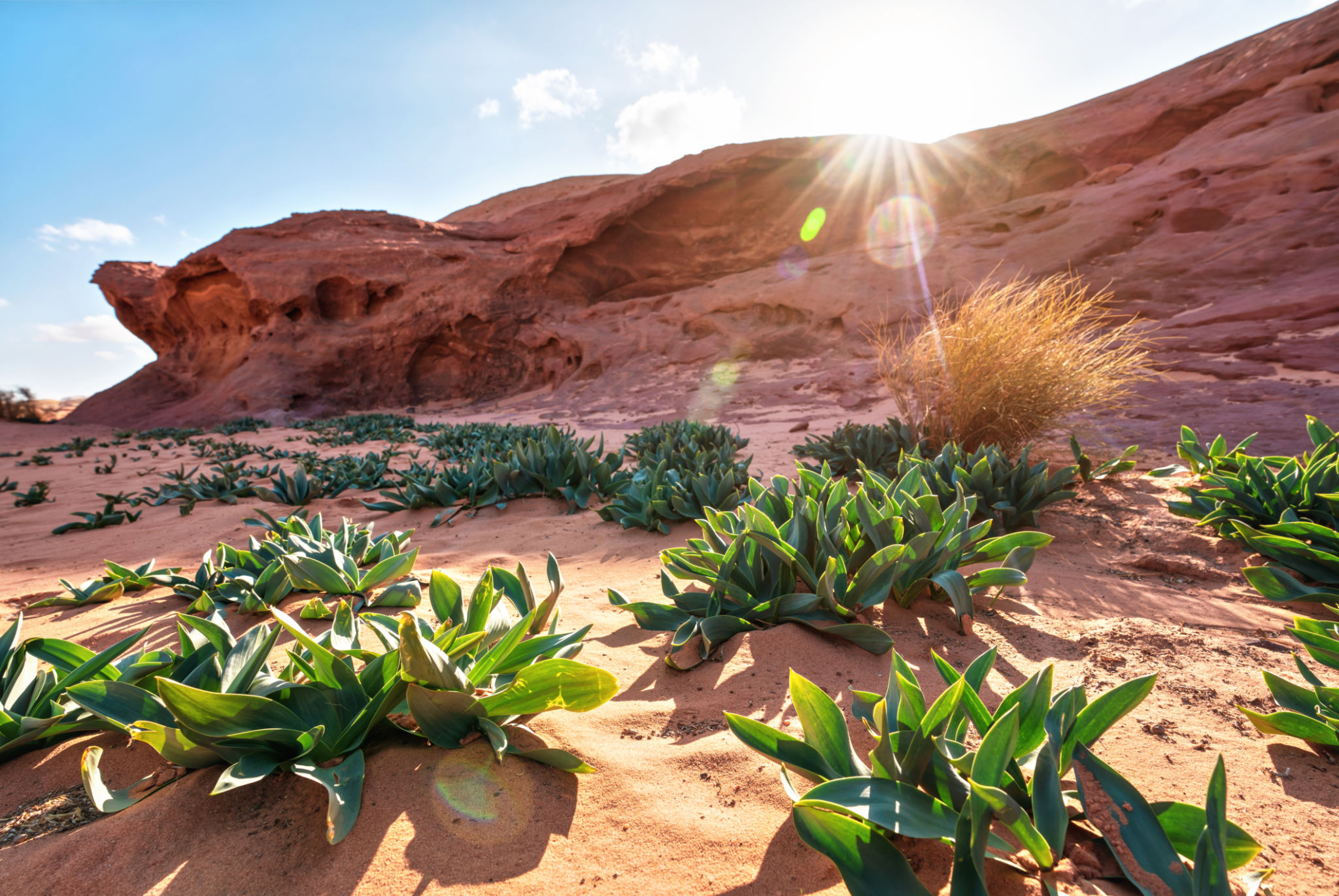How to Start Your Own DIY Horticulture Projects in Tucson's Unique Climate
Understanding Tucson's Unique Climate
Tucson, Arizona, is known for its distinct climate, characterized by hot summers, mild winters, and a monsoon season. This climate presents both challenges and opportunities for DIY horticulture enthusiasts. To successfully cultivate plants in this region, it's crucial to understand the local weather patterns and how they affect plant growth.
The summer months can be particularly harsh, with temperatures often exceeding 100 degrees Fahrenheit. In contrast, the winter months are relatively mild, making it possible to grow certain types of plants year-round. Additionally, the monsoon season, which typically runs from June to September, brings much-needed rain that can benefit your garden.

Choosing the Right Plants
One of the keys to a successful DIY horticulture project in Tucson is selecting plants that are well-suited to the local climate. Native plants are an excellent choice as they are naturally adapted to the environment and require less water and maintenance. Consider incorporating a mix of succulents, cacti, and desert wildflowers in your garden.
Some popular plant options for Tucson include the iconic Saguaro cactus, Agave, and Desert Marigold. Additionally, herbs like rosemary and lavender thrive in the arid conditions and can add both beauty and functionality to your garden.
Creating a Water-Efficient Garden
Water conservation is crucial when gardening in Tucson's arid climate. A well-planned irrigation system can make all the difference. Consider using drip irrigation or soaker hoses, which deliver water directly to the roots, minimizing evaporation. Mulching is another effective technique to retain soil moisture and reduce water usage.

Soil Preparation and Enrichment
The soil in Tucson tends to be sandy and low in organic matter, which can pose challenges for plant growth. Before planting, it's important to enrich your soil by adding compost or well-rotted manure. This will improve soil structure, enhance nutrient content, and promote healthy plant development.
Regular soil testing can also help you understand its pH level and nutrient composition, allowing you to make informed decisions about additional amendments needed to optimize plant health.
Protecting Your Plants
Tucson's intense sunlight and heat can stress plants, so providing shade during the hottest parts of the day is essential. Shade cloths or strategically placed taller plants can offer protection to more vulnerable species. Additionally, windbreaks can help shield your plants from strong gusts prevalent in certain areas.

Monitoring and Maintenance
Once your garden is established, regular monitoring and maintenance are key to ensuring its success. Keep an eye out for pests and diseases common in the region, such as aphids or spider mites. Implementing natural pest control methods like introducing beneficial insects can be effective.
Consistent pruning and deadheading will encourage healthy growth and prolong blooming periods for flowering plants. Regularly check your irrigation system to ensure it's functioning efficiently and adjust watering schedules according to seasonal changes.
Embrace the Learning Process
Starting a DIY horticulture project in Tucson's unique climate can be a rewarding experience. As you experiment with different plants and techniques, you'll gain valuable insights into what works best for your specific garden environment. Don't be afraid to embrace trial and error; each season will bring new learning opportunities.
Remember that gardening is a journey, not a destination. Enjoy the process of nurturing your plants and watching them thrive in this beautiful desert landscape.